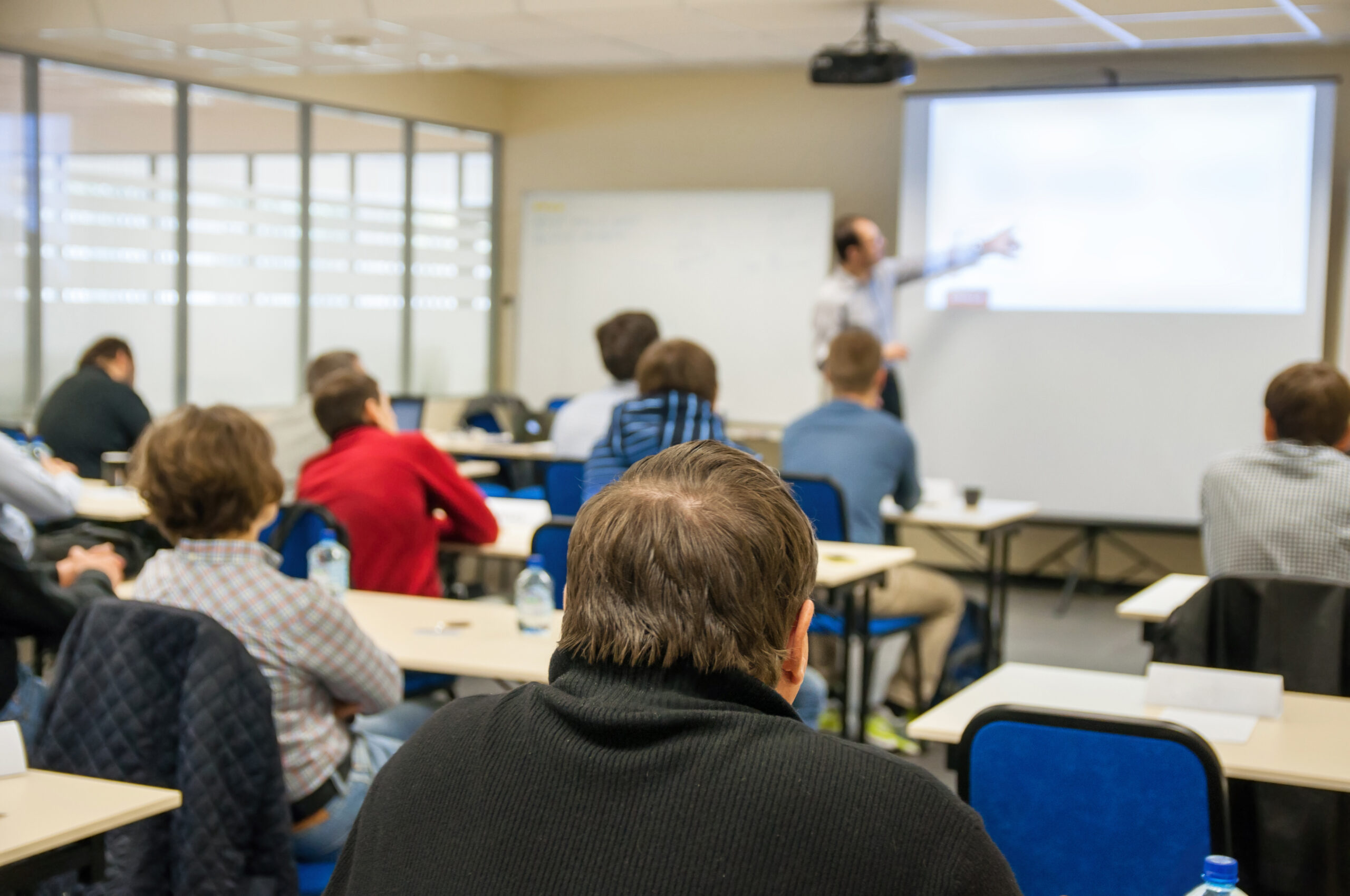Non-water and Hot Utility Systems Training Course
Consultant/Trainer: Jan Zander
The Petrogenium Non-water and Hot Utility Systems course has the key objective to provide understanding and guidance to staff, with the purpose to improve the reliability, efficiency and effectiveness of (non-boiler water) utilities generation and distribution at your refinery, petrochemical complex or LNG facility. Over many years the Petrogenium experts gathered deep technical expertise in the operation, optimization and troubleshooting of all Utility complex aspects and its associated equipment. This knowledge and resulting best practices were collected and built the foundation for the course.
This course is Module 2 of the Energy & Utilities course.
This course is Module 2 of the Energy & Utilities course.
Participants
This Petrogenium course can be tailored for awareness / inexperienced staff, for intermediate and for experienced personnel. Furthermore the course can be customized for a specific refinery, plant or unit. The option for post-course consultancy/help-desk support is also available.
Participants may include: (new) engineers and senior operational staff whereas based on the attendee profile a more theoretical or practical course approach can be followed. If desired the 2-day can be structured with site specific support activities and exercises during various sessions.
Participants may include: (new) engineers and senior operational staff whereas based on the attendee profile a more theoretical or practical course approach can be followed. If desired the 2-day can be structured with site specific support activities and exercises during various sessions.


Learning Objectives
Understanding of all factors related to energy and utilities to improve the reliability, efficiency and effectiveness of utilities generation and distribution of refineries, petrochemical complexes or LNG facilities. Problems that are experienced in many manufacturers’ sites but are not described in detail in most textbooks will be dealt with, in order to help the participants in trouble shooting several hot utilities systems once they come across these issues.
Day 1
Day 2
- Steam turbines
- Condensers
- Cooling towers performance
- Cooling water treatment
- CT water & chlorination
- Cooling water & legionella
Day 2
- Process safety in utilities
- Pump curves
- Condensate trapping
- Fuel gas
- Instrument air
- Nitrogen
- Reliability philosophy
- Power dynamics
Programme
Day 1
Day 2
- Steam turbines
- Condensers
- Cooling towers performance
- Cooling water treatment
- CT water & chlorination
- Cooling water & legionella
Day 2
- Process safety in utilities
- Pump curves
- Condensate trapping
- Fuel gas
- Instrument air
- Nitrogen
- Reliability philosophy
- Power dynamics